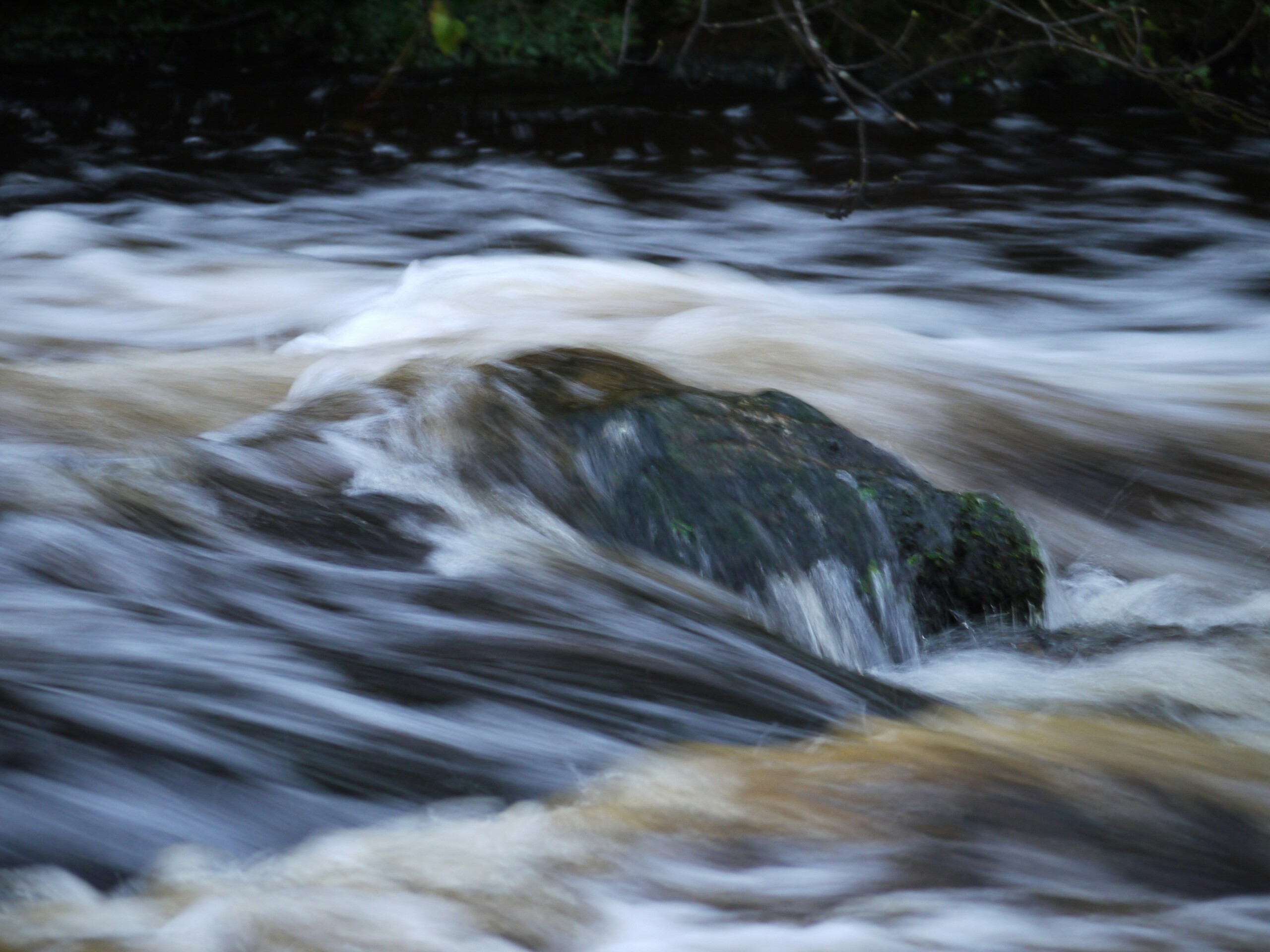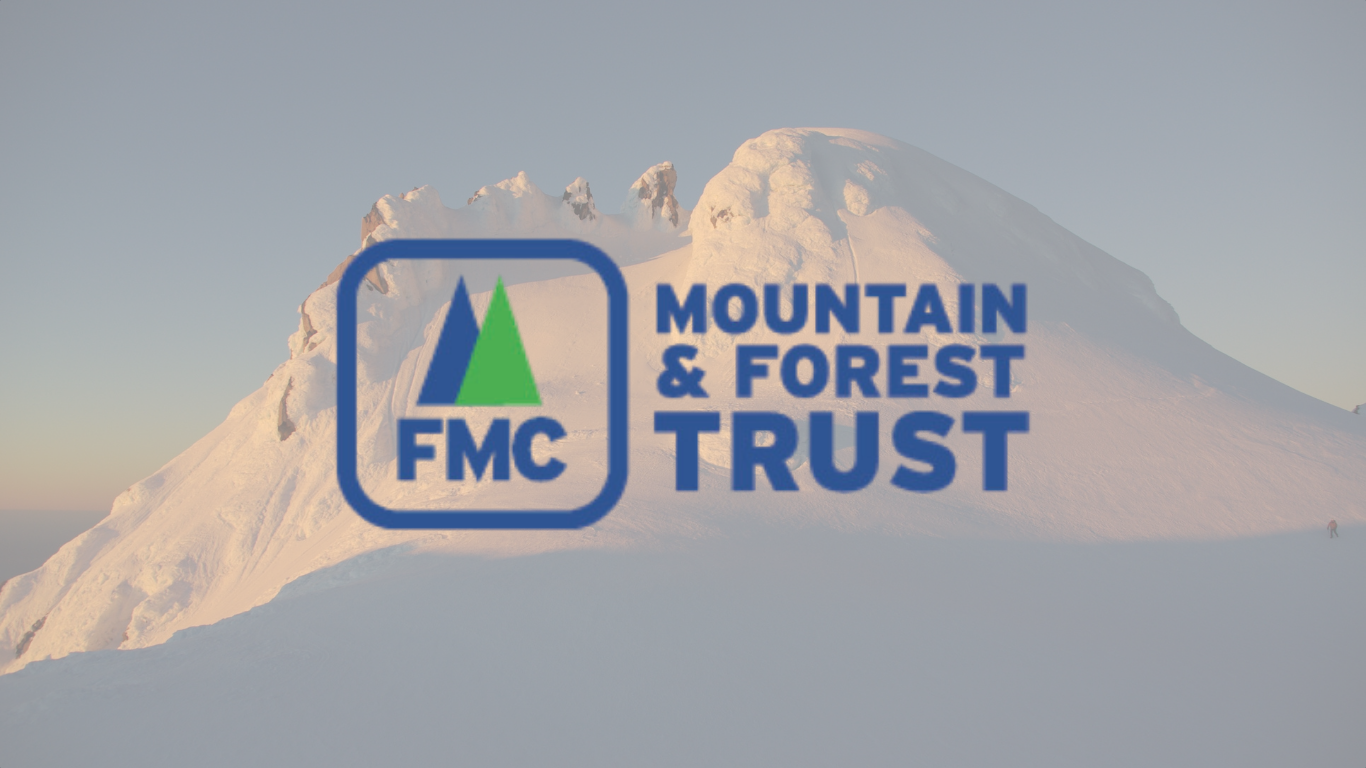Supporting sustainable freedom camping in Aotearoa New Zealand

On 30 November 2021, the Minister of Tourism announced the freedom camping changes Government intends to make in 2022. These changes seek to improve the sustainability of freedom camping in New Zealand, protect the natural environment and local communities’ enjoyment of it, and support efforts to ensure that all freedom camping is done responsibly.
The changes are:
- Require vehicle-based freedom campers to use a certified self-contained vehicle when they stay on council land. This is unless the council designates the site as suitable for non-self-contained vehicles.
- Establish a regulated system for the certification and registration of self-contained vehicles.
- Require vehicles to have a fixed toilet to be certified self-contained.
- Strengthen the infringement system (for example, through increased fines and a 14 day notice period for infringements).
- Extend the Freedom Camping Act to include land managed by Waka Kotahi New Zealand Transport Agency and Toitū Te Whenua Land Information New Zealand.
FMC had submitted on the consultation on the proposed changes in May 2021. A copy of FMC’s submission is available here.
A summary and analysis of all submissions received is available on the government website.
Land managed by the Department of Conservation is excluded from the changes, which means freedom camping rules for outdoor recreation on public conservation land will stay the same. Camping is free and allowed everywhere on public conservation land, except in scenic and recreation reserves, and in conservation areas where freedom camping is explicitly prohibited or restricted.
What remains a gray area is where a road end site is administered by a local authority, even though the purpose of people stopping there is the immediately adjacent public conservation land. One of the quotes from FMC’s submission is shown for this situation in the summary and analysis of submissions. This potentially requires recreation groups to understand the ownership of road end car park land.
Share This Story, Choose Your Platform!

Latest News
FMC opposes the Winstone Pulp International Limited resource consent application to enable the discharge of treated pulp mill wastewater, stormwater and a foam inhibitor to the Whangaehu River.
FMC is looking for the right candidate to appoint to the Maerewhenua Trust Board.
FMC is looking for the right candidate to appoint to the Federated Mountain Clubs Mountain & Forest Trust Board of Trustees.






